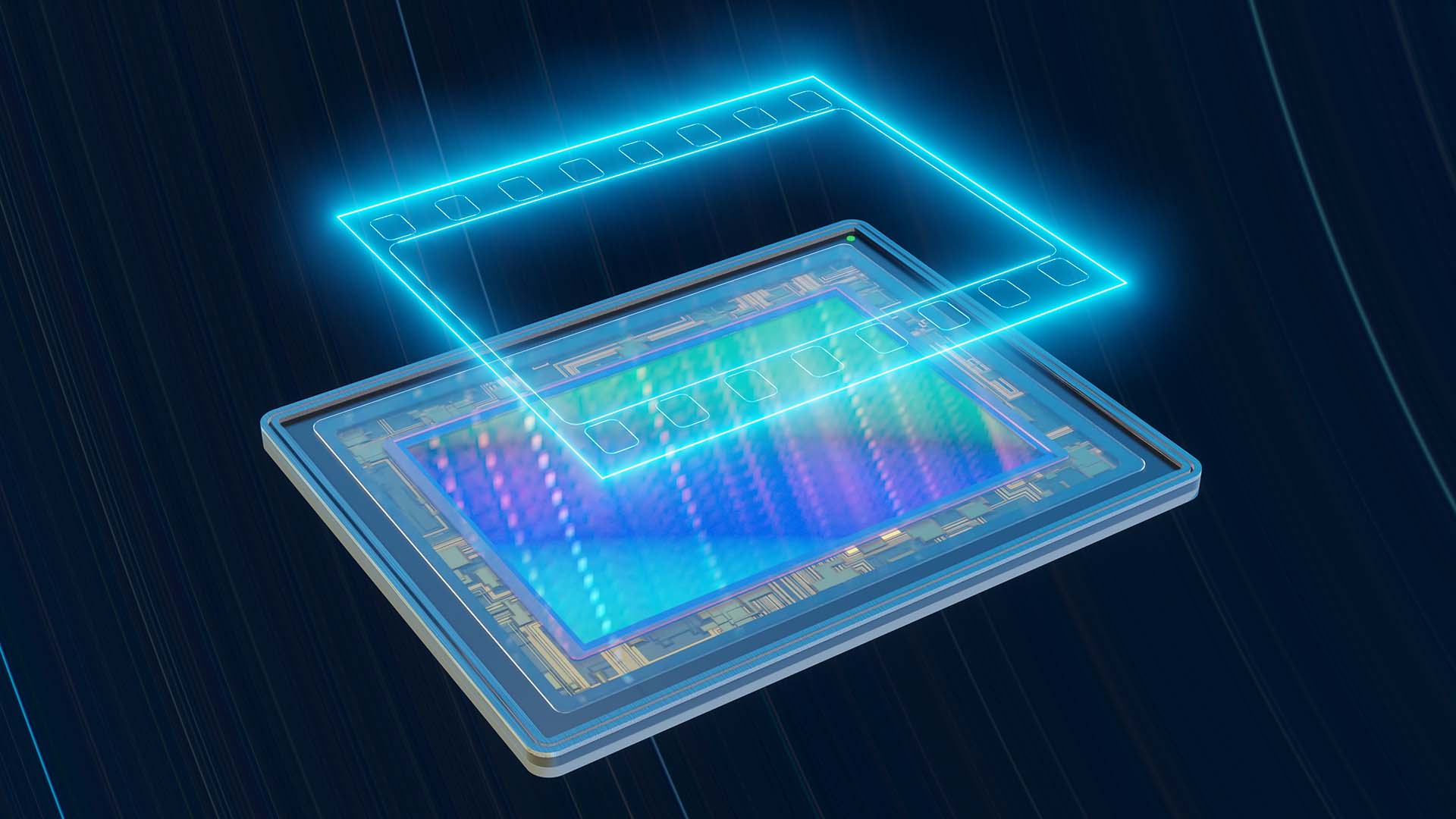
Atomos has developed its own 8K cinema camera sensor. No, we weren't expecting that, either.
The announcement that Atomos has developed an 8K sensor may well have flown under the radar, but it's a pretty big deal. The announcement was in fact made back in early October to investors, and no detailed specifications were revealed, other than the fact that it's an 8K sensor, and some of the reasoning behind it.
According to Atomos, sales of 8K televisions are steadily rising, but there isn't enough 8K content to make use of them, hence development of the new sensor. Now, there's a few things to think about here. In terms of content, the vast majority of features that are shot digitally generally use one of the Arri ALEXA family, or the Sony VENICE, or one of RED's devices. Movies that shoot in the highest resolutions are generally doing so with the intent of manipulating the image in post with 4K output.
In terms of more affordable cameras we have the 6K Pockets, the 12K URSA, various 4K and 6K capable mirrorless cameras, as well as a small, but growing, number of 8K mirrorless devices, too. Lastly, and by no means completely, we have the Z Cam products. In other words, 8K cameras may be smaller in number compared to 6K and 4K products, but they are growing in availability.
However, we might take some issue with the idea of growing 8K television sales, with global tech research company, Omdia, making the prediction that 8K TVs could go the way of 3D due to a lack of content. In fact the company predicts that only 2.7 million households worldwide will have an 8K TV by 2026.
According to the research company, "...shipments of 8K TVs only accounted for 0.15% of all TV shipments in 2021. This translated to a little more than 350,000 units globally. Samsung shipped 65% 8K TV units, with none to Japan."
In fact, the bad news doesn't stop there. Including the fact that Samsung shipped 18% fewer 8K televisions this year than last, Omdia goes as far as to say that despite the dedicated 8K NHK channel in Japan, it sees no convincing market demand for further channel development.
A lack of 8K content is cited as a primary reason for the lacklustre take-up, while for creators, if the audience for 8K isn't there, there's not much motivation to produce for it. It's all rather chicken and egg. Cameras are a different matter altogether, however.
Why has Atomos developed a new sensor?
With the availability of 8K capable cameras already growing all the time, the question does need to be asked: Why does Atomos view manufacturing its own sensor as kick starting more mass produced 8K content given the problems mentioned above?
It's not a question that is easily answered. In the press release Atomos said the following, "8K Ultra HD televisions are already in the market from Samsung, Sony and LG but 8K content has been lagging.
The Company is exploring opportunities to commercialise its unique IP and is in discussion with several camera makers.
Atomos Limited (‘ASX:AMS’, ‘Atomos’ or the ‘Company’) is pleased to announce that it has completed development of a world class 8K video sensor which allows cameras to record in 8K ultra high definition."
Interestingly the sensor development appears to have stemmed from Atomos acquiring the intellectual rights and development team from Grass Valley, which the company purchased five years ago. The phrasing of the press release would appear to suggest that the purchase was made with the specific intention of developing a new 8K sensor.
So, this is not a new development, and now it seems that the sensor is effectively ready and Atomos is exploring development with different camera manufacturers. According to Petapixel, Atomos is prepared to release the technical specifications under NDA to potential commercial partners. Curious stuff, then.
As always, we'll be keeping our ears close to the ground on this one, and we'll bring you any updates as and when we know more.
Tags: Technology News Sensors Atomos


Comments